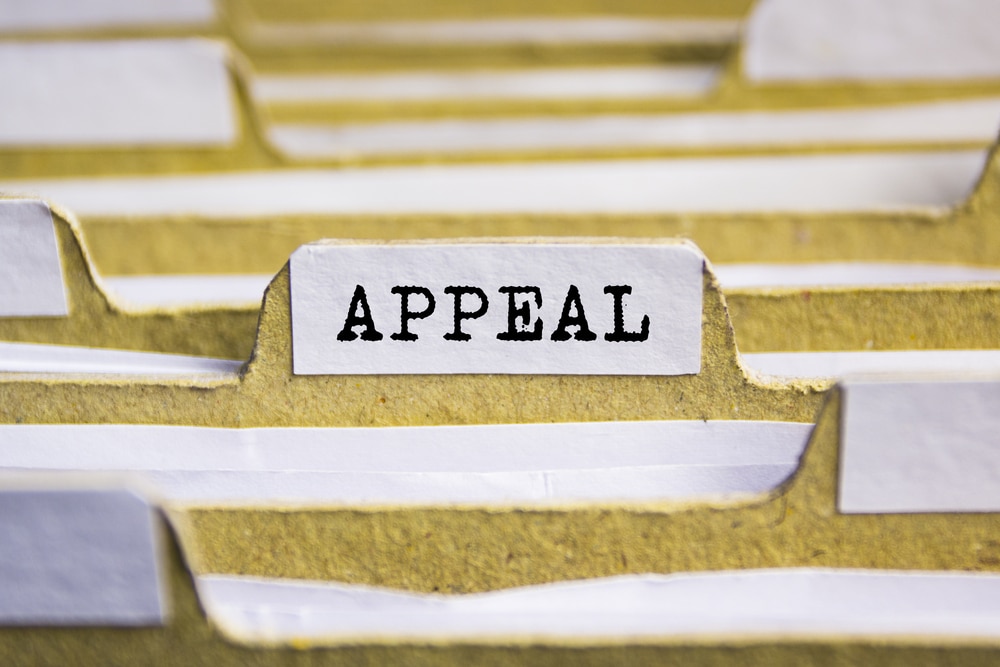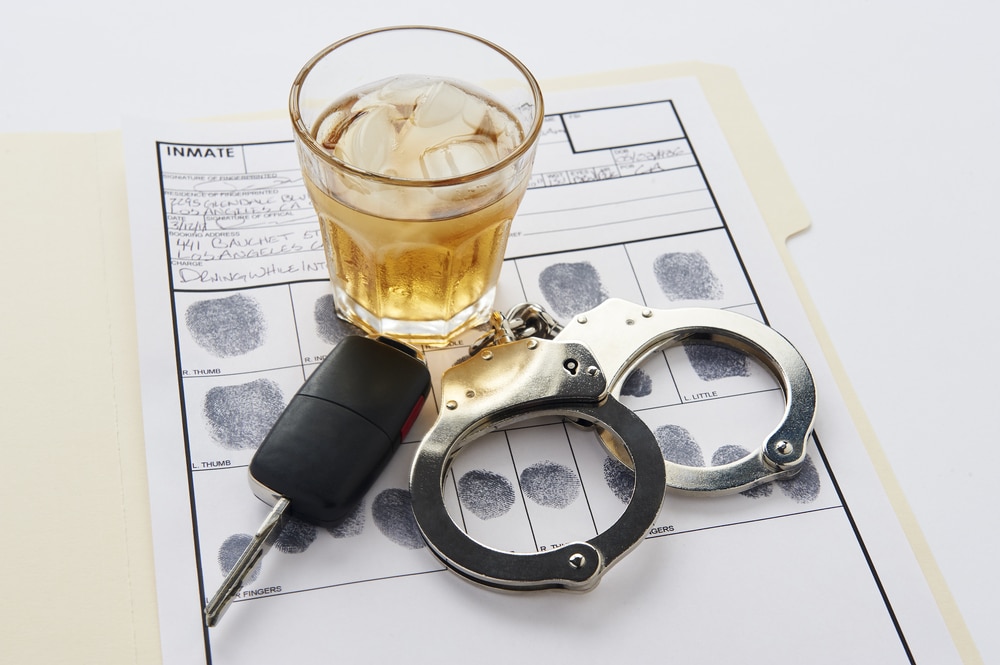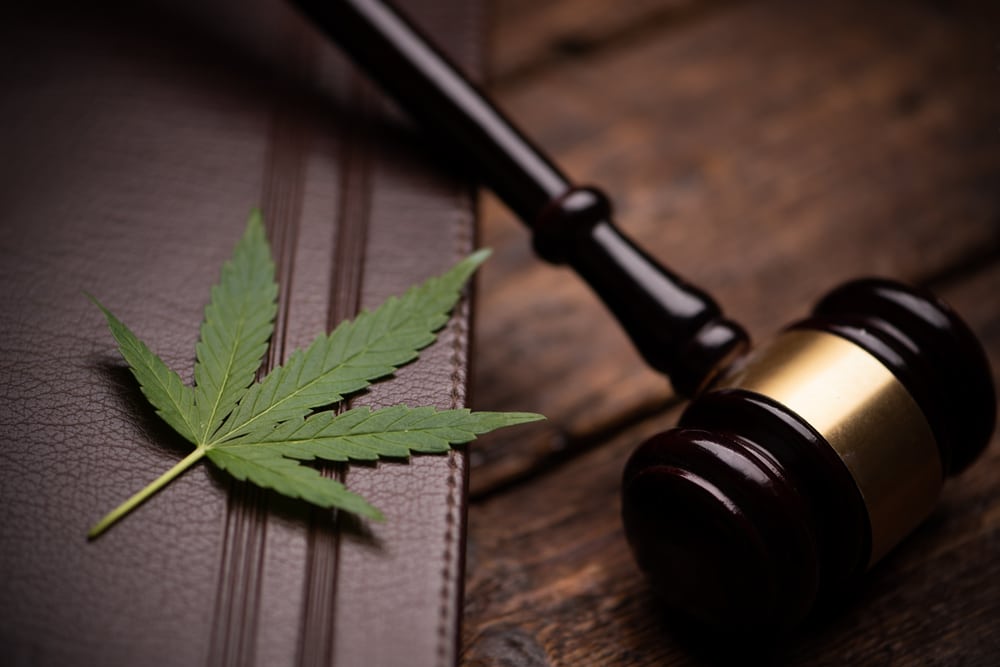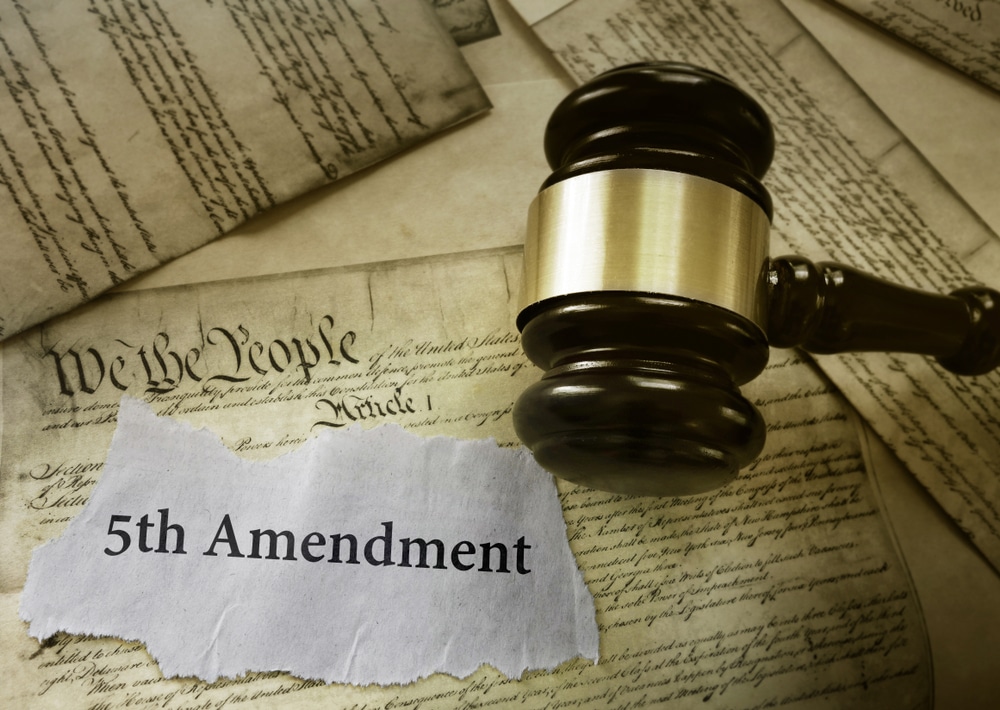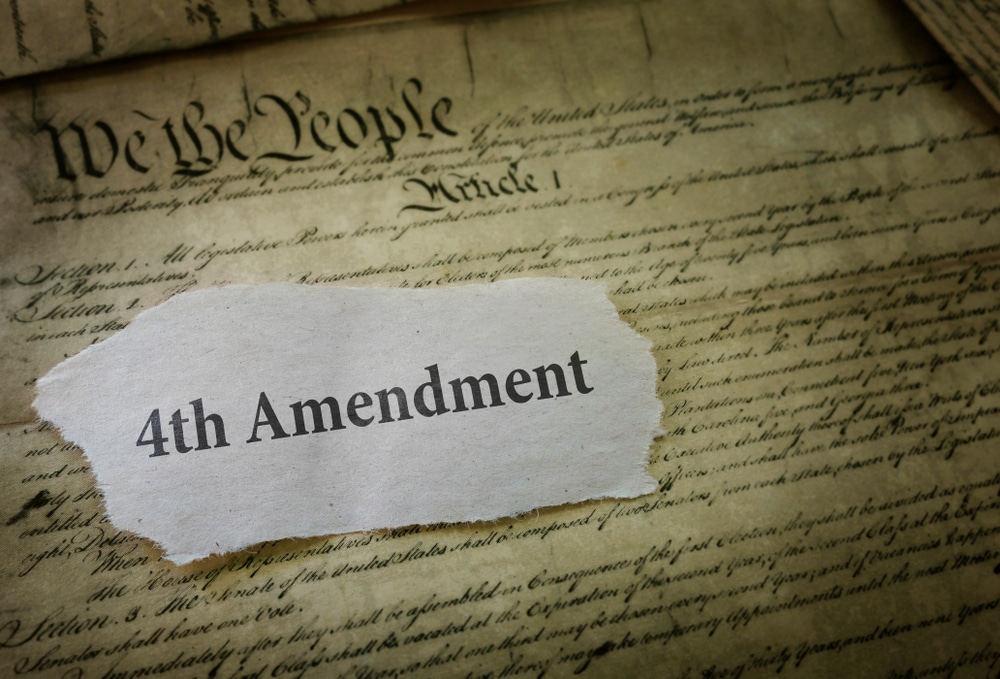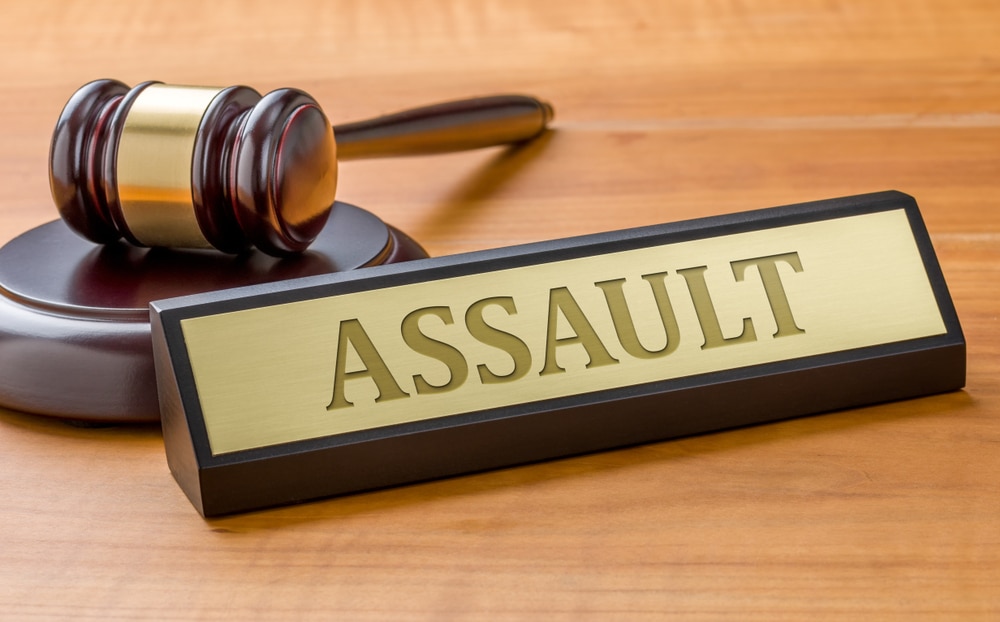If you’ve been convicted of a crime, you might still have the option to continue your defense in some situations. Depending on the circumstances of your case, you might be eligible to appeal the conviction or sentence to achieve a dismissal of your case, a reduction in your sentence, or another favorable outcome. However, it’s important to understand that you cannot file an appeal simply because you are unhappy with the outcome of your case. Legal grounds must exist to file an appeal — and certain procedures must be followed.
What is an Appeal?
An appeal is a request to have a higher court review the lower court’s judgment to determine whether it is correct. They are conducted by a panel of judges and provide a criminal defendant with the opportunity to have a second court review the trial record and present arguments in an appellate brief. The state may also file its own appellate brief in response.
If you intend to appeal your criminal conviction, it’s essential to understand that there are specific procedures and deadlines that must be followed before you can submit the appellate brief. Importantly, you only have a limited amount of time to appeal your case — you must serve a properly drafted Notice of Appeal on the prosecutor and file it within 30 days of the sentencing date. Failure to comply with the applicable deadlines and rules can result in your appeal being dismissed.
What are the Grounds to Appeal a Criminal Conviction or Sentence?
If a legal error was made by the trial court that resulted in prejudice and affected the outcome of your case, the judgment or sentence may be appealed. Critically, errors can be made at any stage of a criminal trial — including in connection with decisions rendered during the trial, pre-trial motions, and post-trial motions. Common grounds for appealing a criminal case can include the following:
- Incorrect jury instructions — If the judge provides the jury with the incorrect legal standard or improper instructions, they may reach a different verdict than they should have. Incorrect or incomplete jury instructions may be grounds for an appeal.
- Plain errors — If an error was made that was obvious and egregious, it may support an appeal. For example, a plain error may arise if the judge expressed an opinion regarding your guilt.
- Juror misconduct — A conviction can be appealed if jurors engaged in misconduct by talking about the case with non-jurors, considering evidence other than what was introduced at trial, deciding a case by lot rather than vote, or taking a bribe.
- Prosecutorial misconduct — In the event the prosecutor engaged in misconduct by referring to evidence that the court deemed inadmissible or withheld exculpatory evidence, grounds for an appeal may exist.
- Sentencing errors — The law specifies the sentences that may be imposed for each crime and what factors may be considered. If the judge disregarded the rules concerning sentencing, the decision may be appealed.
- Ineffective assistance of trial counsel — A criminal defendant has the Constitutional right to have effective assistance of counsel. If your attorney’s conduct fell below a certain standard and deprived you of your right to counsel, you may be able to appeal the conviction on these grounds.
- Improper exclusion/admission of evidence — If the court makes an error in determining whether certain evidence should be admitted or excluded at trial, this may support an appeal.
Additionally, decisions made by the court on pre-trial issues can be appealed. For instance, if your arrest was made in violation of your Fourth Amendment rights or you were not given a speedy trial, you may be able to appeal the court’s ruling if an error was made in deciding those issues. You might also be able to appeal your case if you were not legally competent to stand trial.
Contact an Experienced New York Criminal Appeals Attorney
Appealing a conviction or sentence in a criminal case is complex and it’s vital to have a skillful attorney by your side who can guide you through the process. Offering aggressive advocacy and relentless representation, the criminal appeals attorneys at D’Emilia Law know how to evaluate a case to determine whether errors were made at trial — and have the experience necessary to craft a strong appeal. To schedule a consultation to learn how we can assist you with your criminal appeal, contact us at 1-888-DEMILIA.

